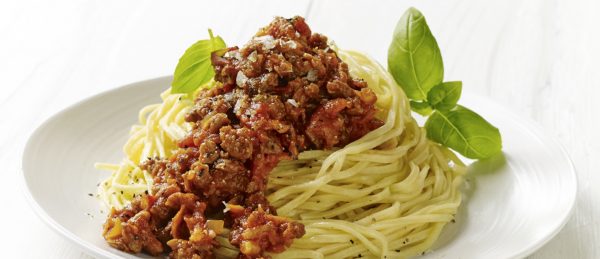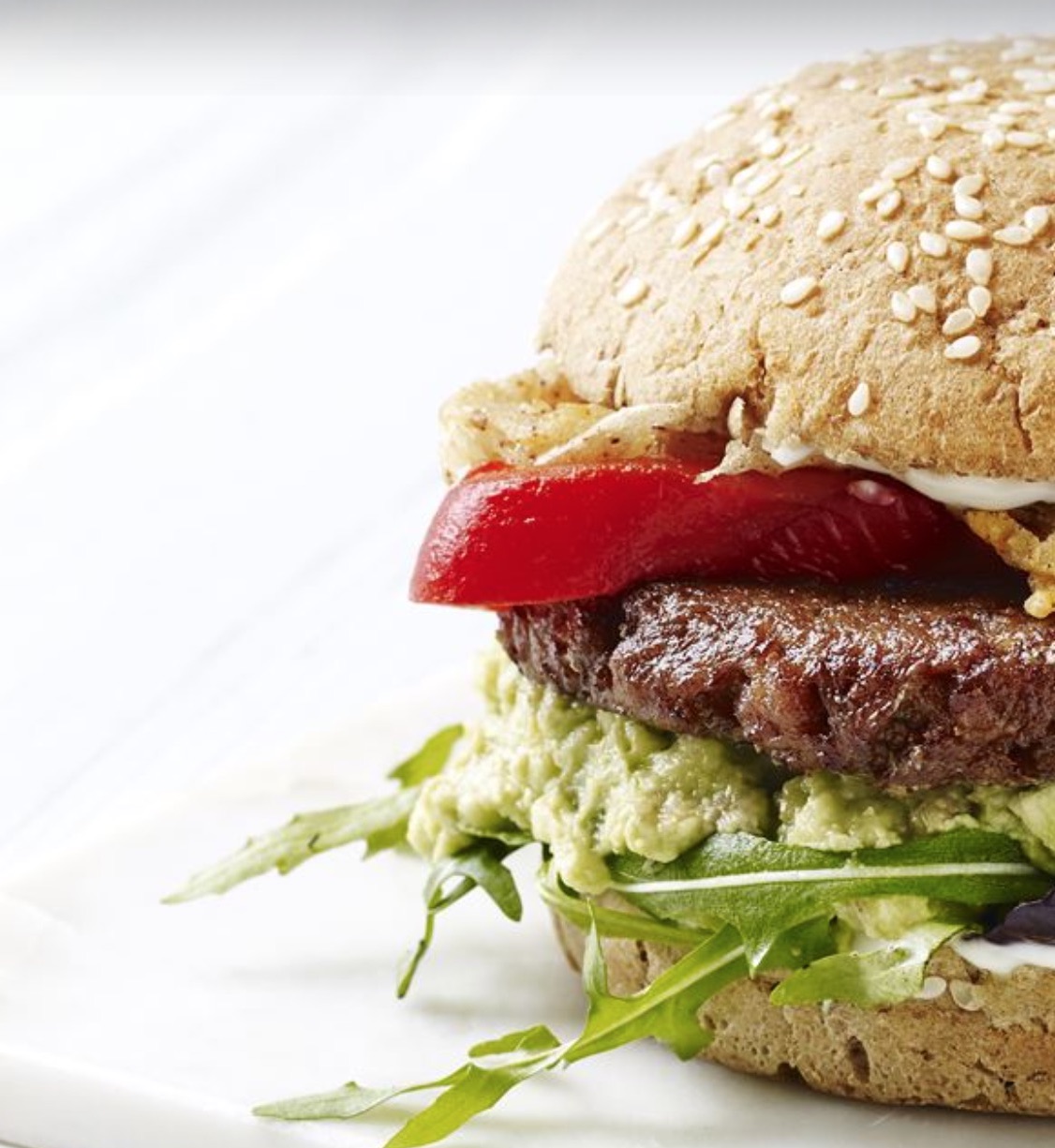Today the largest Danish supermarket retailer Dansk Supermarked Group announced that they are introducing a plant based “minced meat” early next year in 600 stores serving 1.5 million customers across the country. On a Danish scale — with a population of 5.7 million — this is a massive push compared to the already known Impossible Foods who have products available in about 300 american locations and even Beyond Meat that are available in 12000 american stores.
 (Image credit: Naturli Foods)
(Image credit: Naturli Foods)
The product is made by the Aarhus based company Naturli Foods, and the CEO Henrik Lund is all over the media today with this simple message:
“This product does the same as ordinary minced meat and is the direct line from cultivation to your table”
Since this is not a new idea, he was asked how they managed to get such a big order from the largest retailer in the country. Henrik explains:
“I met the senior category manager of fresh meat from Dansk Supermarked Group Kasper Fuglsang by coincidence, and he told me that if I could present a product that tastes good and had a competitive price he would make room for it in his 600 stores in Denmark. So I did.”
The detailed recipe for the product is of course a secret, but we have learned that the following ingredients are in use: soya, wheat, almonds, mushrooms, coconut, beetroot, and tomato.
The Danes are among those who eat the most meat, about 500 grams per week, so there is a big market here. But will we buy into it? And for what reasons? I mean, let’s be honest, it is still not common knowledge how much meat production strain our planet’s resources. So much wasted in shoveling all those plants through all those animals in order to stuff all those animal based proteins into all those burgers.
This is all in all an interesting anthropological study in the human psyche. As long as taste, texture, look, and feel is just like real meat, the majority might not care that it derives from plants. In that case, we could save a lot of greenhouse gas emission, and a lot of cattle will be off the hook, so to speak.
